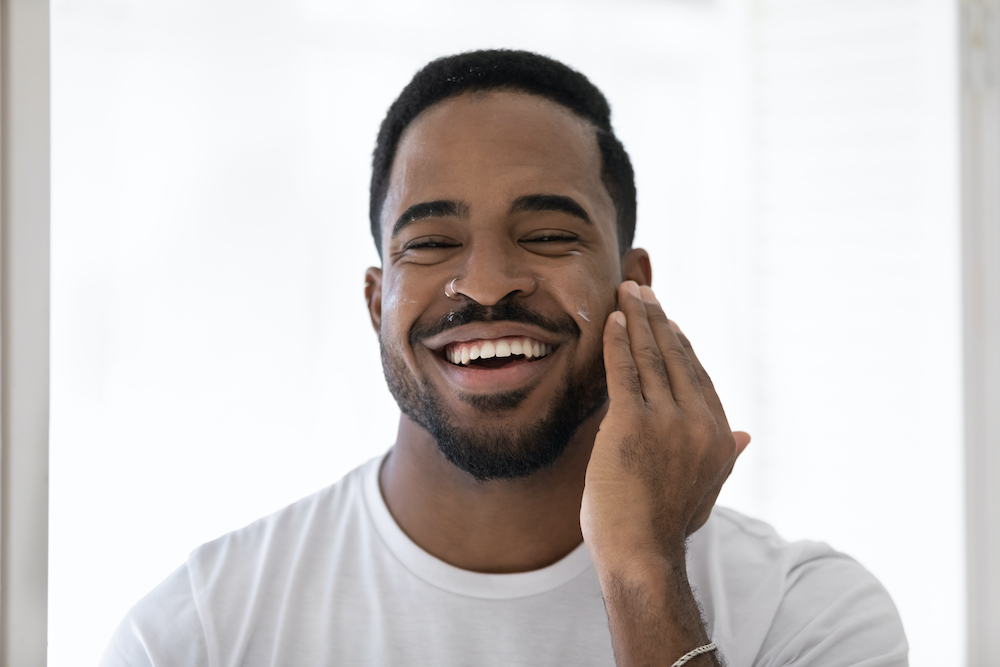Top Treatments for Acne Prone Skin

Everyone develops a pimple at some point in their lives. It is one of the most common skin conditions seen in people of any color, age or gender. For people with mild acne, they may pass on treatment and instead allow it to run its course. For others who are experiencing progressive, bothersome acne, treatment is required from a professional.
If you fall into this category, you should find a dermatologist who has a record of success in treating acne prone skin. Whether it’s a sudden severe acne flare up or mild acne that is not responding to treatment, read on to learn about the most common treatments for managing acne.
Treating Acne – Atlanta Dermatologist
Understand the cause of your acne.
Perhaps the most important thing you can do when you are dealing with problem skin is to understand the underlying cause. This can be a challenging task, since there are a number of different triggers for acne and everyone’s skin is different. Instead of diagnosing yourself online, consult with a dermatologist who specializes in treating acne. You might be surprised to learn that many people self-diagnose their skin condition as acne, when it’s something else entirely, such as rosacea or even an allergic reaction to a skincare product.
A dermatologist will evaluate your skin and give you a proper diagnosis. Then, you will undergo a brief family history and an assessment of your current lifestyle and habits. All of this information will help your dermatologist begin to craft the best possible treatment plan for you.
Explore possible lifestyle changes.
At the most basic level, lifestyle changes should be considered when you are experiencing any type of skin or health condition. There are several personal habits that can cause or worsen acne eruptions. Lack of adequate sleep, poor eating habits and dehydration can cause declines in your health. Frequent touching and picking the skin results in increased redness, infection and scarring. Wearing items of clothing that trap sweat and dirt can also make acne worse.
Use a consistent skincare regimen.
There’s really no precise product or regimen that will work for everyone, but there are some tried-and-true skincare habits that are recommended to help in managing acne. These include:
Mild Cleansers: You can use a gentle cleanser to wash your face twice a day to keep your skin clean and reduce irritation and sensitivity.
Retinols: Using retinols help increase skin cell turnover rates and encourage exfoliation. Products that contain retinols make your skin heal faster and appear fresh and smooth.
Moisturizers: Keeping your skin hydrated can help combat acne and reduce current breakouts. Use a gentle, oil-free moisturizer with an SPF every day to keep your skin balanced.
Diligently use treatments prescribed by your dermatologist.
After consulting with your dermatologist, he or she may recommend a number of prescription medications to treat your acne. Oral or topical antibiotics are commonly prescribed, as well as retinols and certain acids such as glycolic, mandelic and azelaic. No matter what you are prescribed, it is important to continue on your course of medication for the recommended duration. Failing to complete your course of antibiotics or using a topical product only occasionally will not get you the results you desire.
Acne is a common skin condition that very few people can avoid. Genetics as well as hormonal and lifestyle factors could all contribute to acne. Luckily, there are a variety of treatment options available to help people suffering with mild to severe acne. In any case, treatment is not always quick and easy. With the help of a board-certified dermatologist, you can take steps to improve your skin today.
Call the office of Buckhead Dermatology of Atlanta and College Park to schedule your appointment with our trusted dermatologist. Dr. Straughn has over 25 years of experience in treating acne prone skin and other skin conditions.
